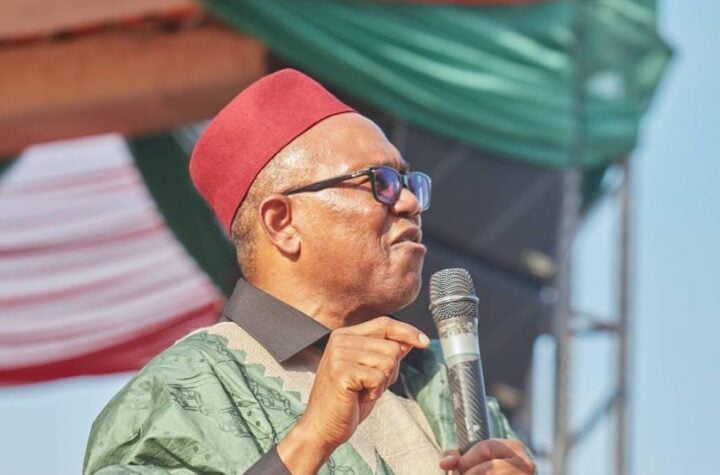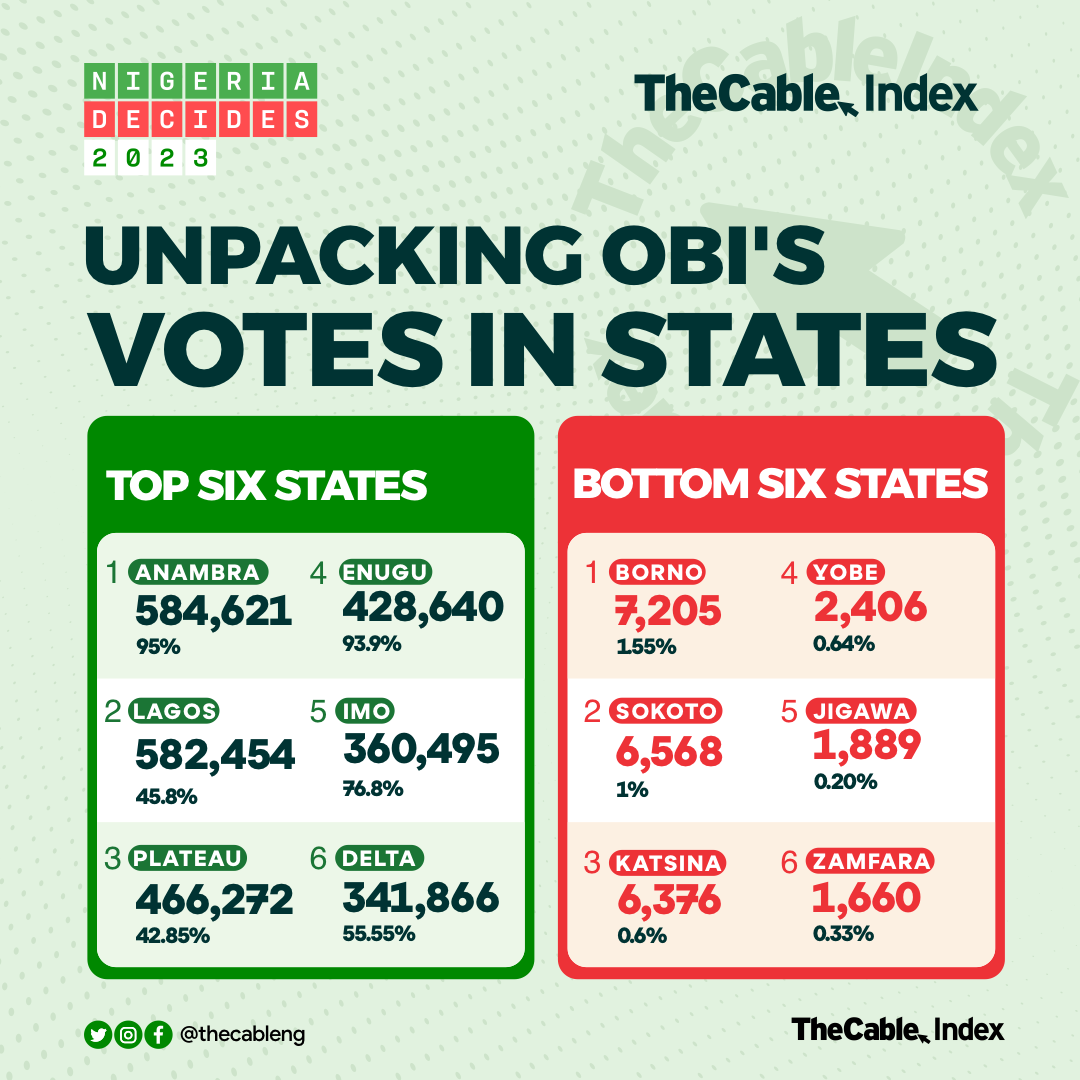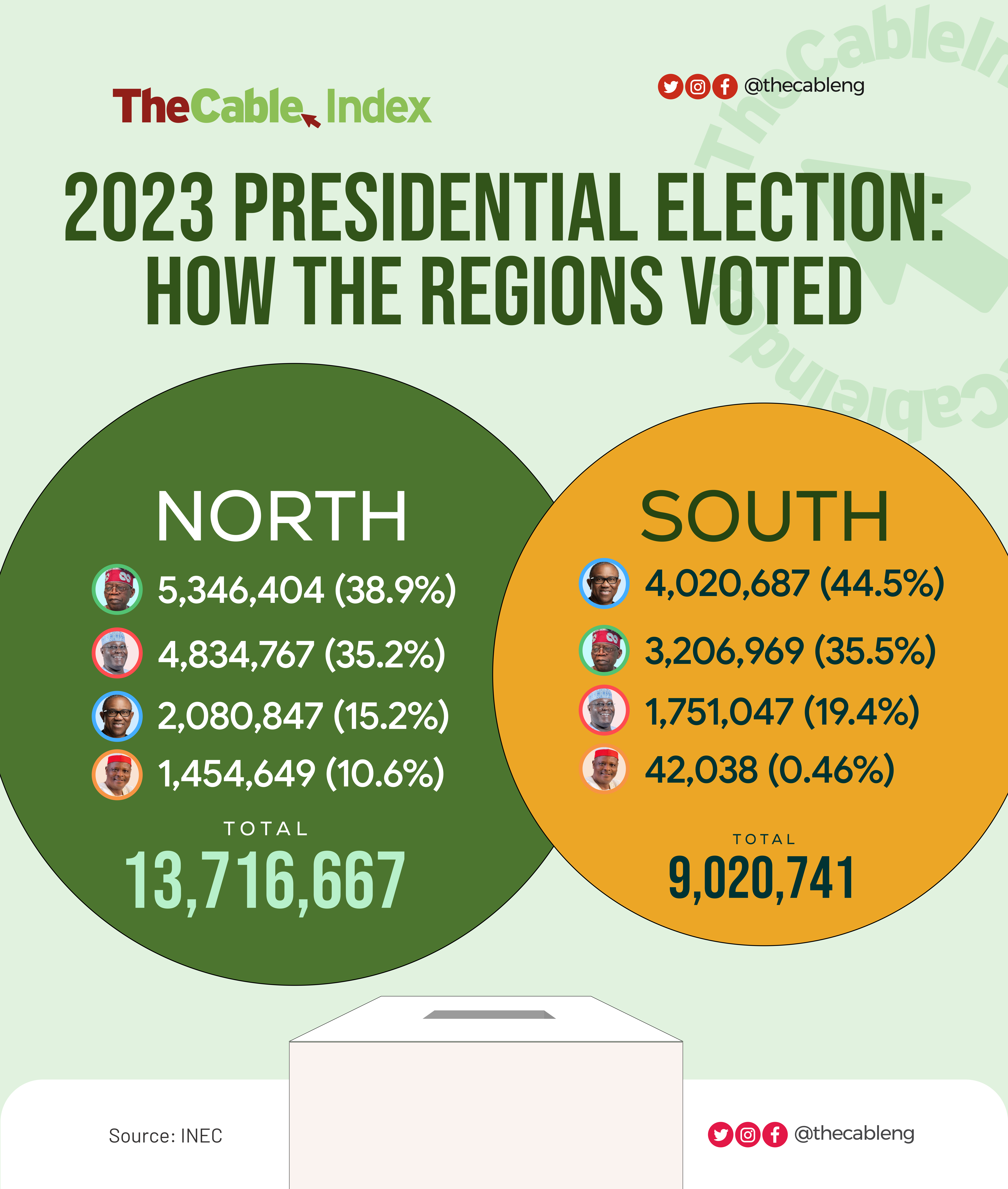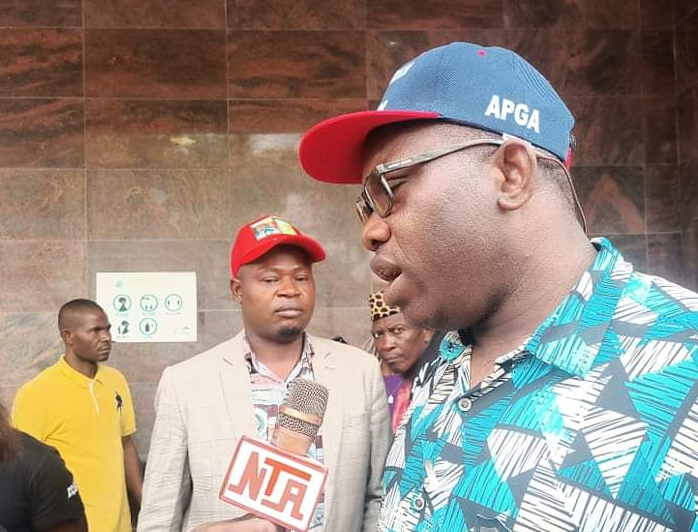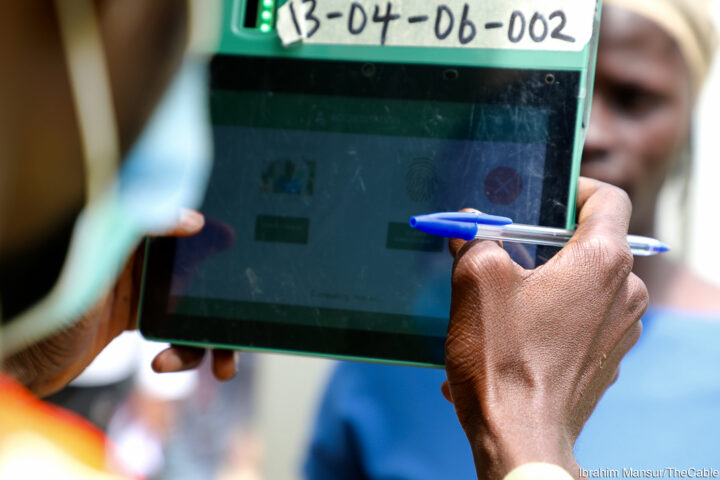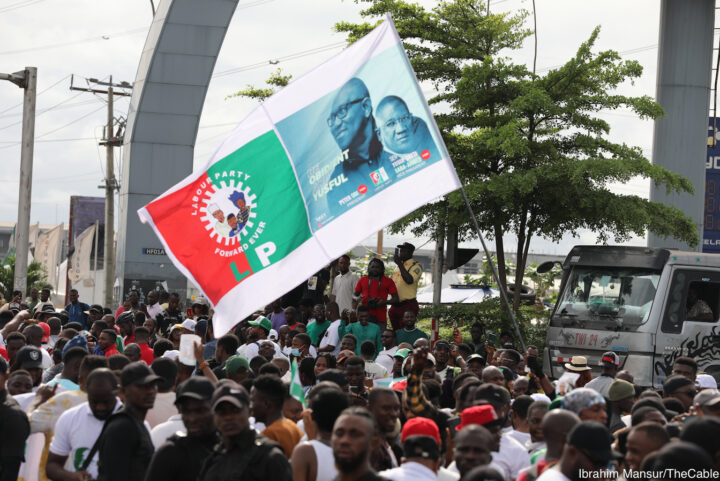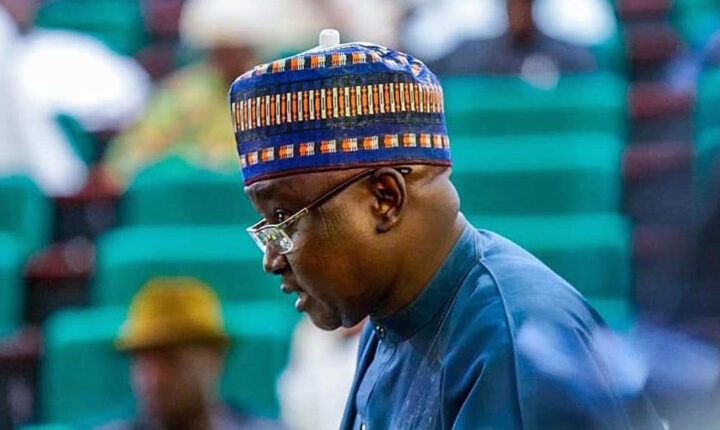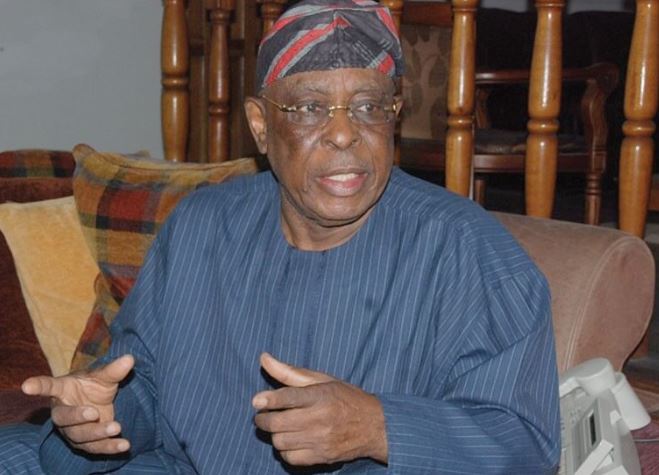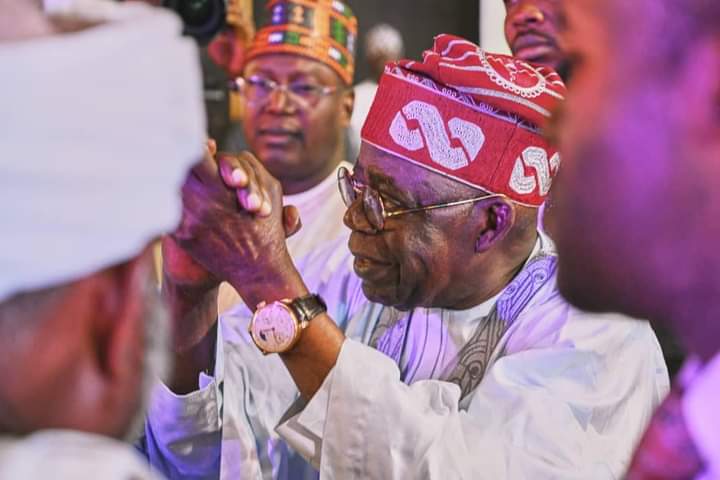Has the Peter Obi vs Rabiu Musa Kwankwaso debate been finally settled?
Before the 2023 presidential election, many pundits had suggested the pairing of Labour Party’s Obi with Kwankwaso for maximum impact.
It sounded like a good idea but the question was: who would be presidential candidate and who would be running mate?
Obi was gaining momentum and his base was only interested in him being the main candidate, but Kwankwaso’s supporters in the New Nigeria Peoples Party (NNPP) insisted that their man had more political weight than the former governor of Anambra state.
Advertisement
Obi settled for Datti Baba-Ahmed, from Kaduna state, as his running mate. Although he was once a senator, Baba-Ahmed was not considered strong enough to attract critical votes from the north.
After a prolonged debate, Kwankwaso eventually weighed in, declaring that he was more qualified than Obi.
Speaking at Chatham House in the UK in January, Kwankwaso said: “I’m a PhD holder in civil engineering. I have been in the system for over 30 years now. I was a civil servant for 17 years. I wasn’t a trader,” he said, aiming the trader jibe at Obi.
Advertisement
“I was deputy speaker of the house in 1992. I was in the constitutional conference elected delegates in 1995. I was governor of Kano state for eight years. I was in the senate. If anyone wants Kwankwaso to withdraw, let’s bring criteria and select the best.”
YOU HAVE THE CV, I HAVE THE VOTES
Obi, who holds only a first degree in philosophy, did not reply Kwankwaso but from the official presidential election results analysed by TheCable Index, he might have allowed the voters do the talking instead.
In the north, which was the region the pundits wanted Kwankwaso to bring to the table, Obi scored more votes than the NNPP candidate.
Bola Ahmed Tinubu, candidate of the All Progressives Congress (APC), and Atiku Abubakar, flag bearer of the Peoples Democratic Party (PDP), were clearly stronger than Obi up north, but the Labour Party candidate managed to finish above Kwankwaso in 13 of the 19 states.
Advertisement
In all, Obi scored 2,080,847 across the 19 states while Kwankwaso polled 1,454,649.
Kwankwaso won in only one state — his native Kano — but Obi won in two: Nasarawa and Plateau.
Nearly 75 percent of Kwankwaso’s 1.454 million votes came from Kano alone.
Kwankwaso got 25 percent in only one state, compared to Obi who got in four: Plateau, Nasarawa, Benue and Taraba.
Advertisement
With FCT regarded as a state in the north-central for electoral purposes, Obi has an additional bragging right, having won there. He got 61 percent, far above Kwankwaso’s 0.98 percent.
Obi got 100,000 or more votes in four northern states — Benue, Nasarawa, Plateau and Taraba — while Kwankwaso did not get up to 100,000 votes elsewhere aside Kano.
Advertisement
What’s more, Obi was second in two northern states and third in seven, finishing below Kwankwaso in only six.
These are the 13 states in which Obi outperformed Kwankwaso (although votes were very low in some places): Kaduna, Taraba, Borno, Gombe, Kebbi, Kogi, Kwara, Niger, Sokoto, Nasarawa, Plateau, Adamawa and Benue.
Advertisement
KADUNA DID HIM ‘DATTI’
Picking Baba-Ahmed did not add much to Obi’s electoral weight, judging by the results.
Advertisement
Baba-Ahmed lost his polling unit in Tudun Wada, Zaria LGA, Kaduna state, to Atiku who scored 102 votes. Tinubu came second with 98 votes while Obi got 54. Kwankwaso secured 11 votes.
In his Zaria LGA, Baba-Ahmed delivered less than 4,000 votes, compared to Atiku’s 60,000 and Tinubu’s 40,000.
Nevertheless, Obi came a respectable third in Kaduna state with a total of 294,494 votes, even though Atiku’s 554,360 and Tinubu’s 399,293 outweighed his haul. Kwankwaso got just about 93,000 — less than a third of Obi’s.
HOW DID OBI DO IT?
The default explainable for Obi’s impressive performance in many northern states is the religious factor.
Northern Christians have a mutually suspicious relationship with northern Muslims and this is reflected in electoral politics.
In the past, they often aligned with the PDP. But with Obi being the only viable Christian in the race, it is believed that many northern Christians voted for him and that accounted for his strong showing in Kaduna, Taraba, Nasarawa, Plateau, Adamawa and Benue, where he got hundreds of thousands of votes in each state.
The counter factual — “what would have happened if Obi and Kwankwaso had run together?” — maybe too academic in the end.
And if Obi was running against only Kwankwaso in the north, the game may be entirely different.
Add a comment
